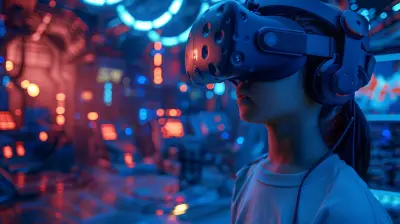The Role of Magic Systems in Fantasy Games Explained
22 June 2025
When it comes to fantasy games, there's one thing that always sets them apart: magic. Whether it’s casting powerful fireballs, summoning creatures, or bending reality itself, magic systems form the backbone of many iconic fantasy worlds. But have you ever stopped to wonder why they’re so important? Why do developers pour so much effort into crafting intricate rules and mechanics for these systems? Let’s dive in and uncover the crucial role that magic systems play in fantasy games.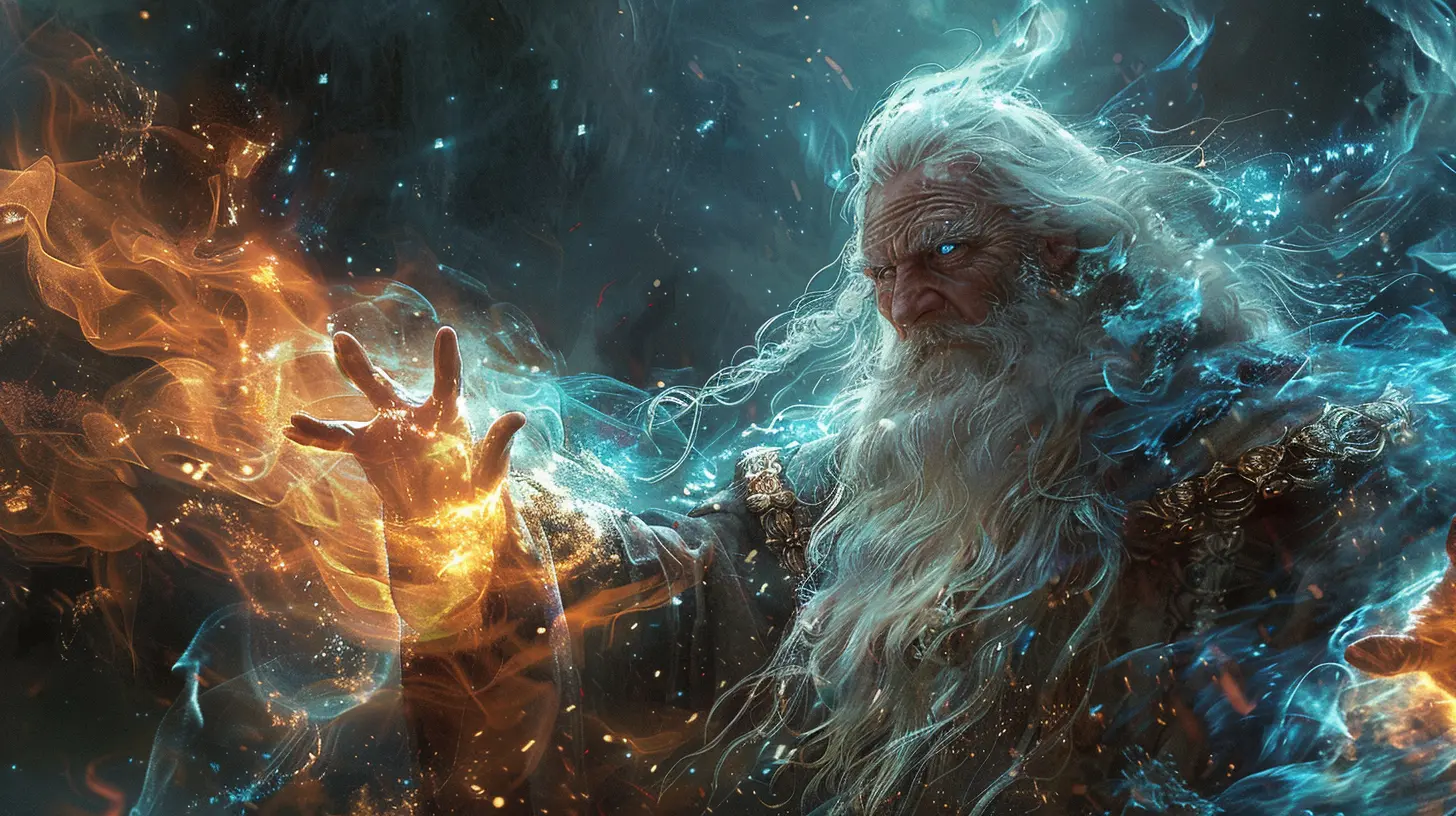
Why Magic Systems Matter in Fantasy Games
If you’ve ever booted up a fantasy RPG or dabbled in a card-based strategy game, you’ll know that magic systems can make or break the experience. But why is that, exactly?Magic systems are more than just a flashy set of spells or tricks. They're the glue that holds much of the game's lore, mechanics, and player immersion together. Imagine playing a game like The Elder Scrolls or Final Fantasy without magic. It wouldn’t just feel incomplete—it’d lose a big chunk of its identity. Whether it's gameplay mechanics or storytelling, magic systems inject the "fantasy" into fantasy games.
But here's the kicker: a poorly designed magic system can feel like a clunky afterthought. On the flip side, a well-thought-out magic system can elevate a game from "meh" to "mind-blowing." Let’s break it down further, shall we?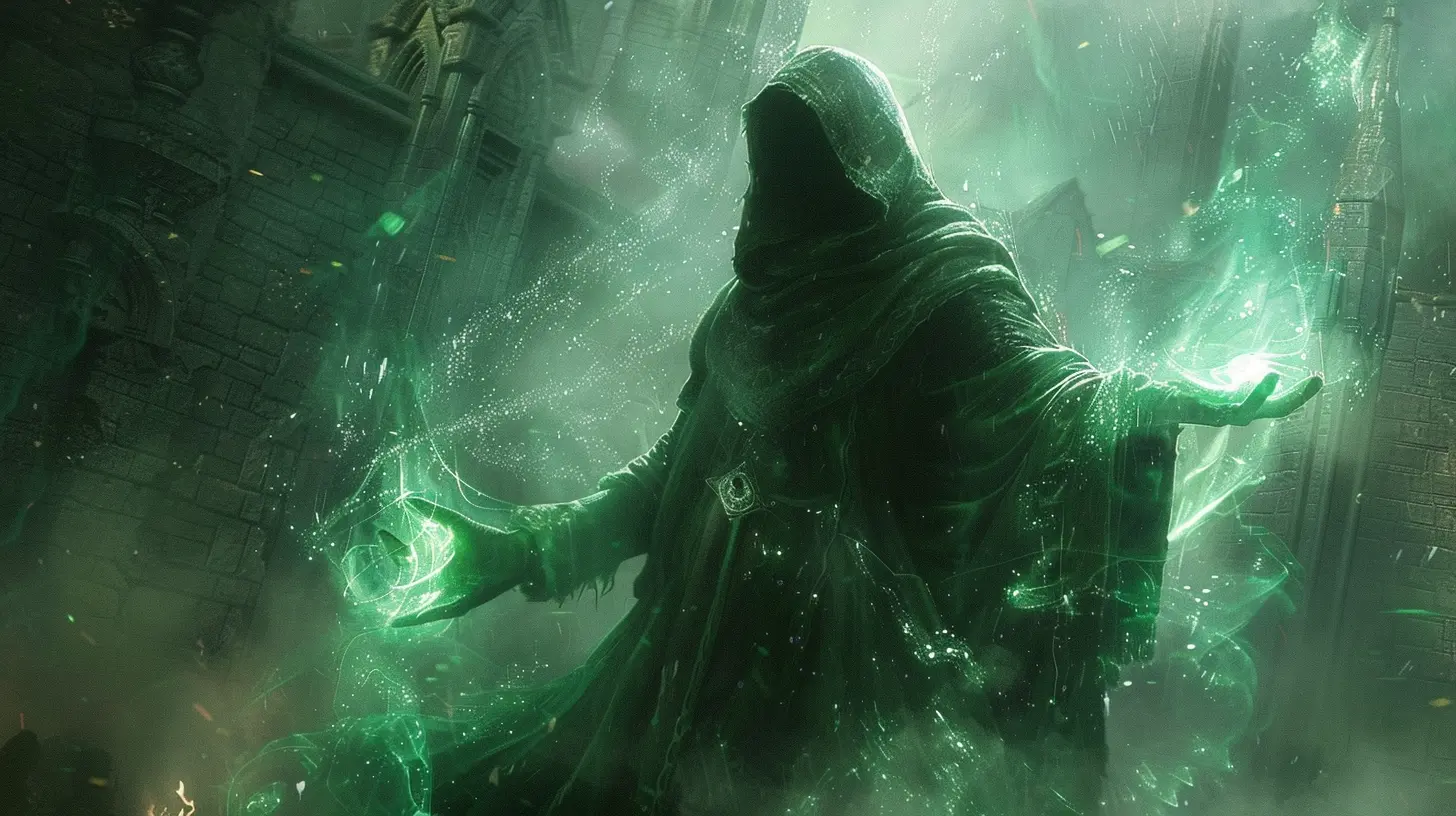
The Building Blocks of Magic Systems
Before we get into why magic systems are so impactful, let’s look at what makes a solid magic system. Not all magic systems are created equal—they can range from loose and abstract “do whatever you want” approaches to detailed systems with strict rules. But regardless of the style, most magic systems are built on three core pillars.1. Rules and Limitations
Believe it or not, the best magic systems are defined by their limitations. Sounds counterintuitive, right? But hear me out. If magic could do everything without consequence, it would lose all its tension and excitement. Rules are what make a magic system interesting.For example, in Magic: The Gathering, players need mana to cast spells, and managing that resource is half the game. In The Witcher, Geralt’s spells (or Signs) consume stamina, limiting how often he can use them in battle. By setting boundaries, games create opportunities for strategy and creativity.
2. Consistency
Imagine watching a movie where a character pulls off a spell that breaks every rule the story had previously established. You’d call foul, right? The same thing applies to games. A magic system needs to be internally consistent; otherwise, it risks breaking players’ immersion.Take Dark Souls, for example. Magic adheres to a clear system of spell slots and requirements. Players know what to expect, which keeps the gameplay fair and predictable, even in the middle of a chaotic boss fight.
3. Flavor and World-Building
Let’s face it: magic is cool, but it’s even cooler when it feels like a natural part of the game world. A well-designed magic system should reflect the culture, history, and tone of the game’s universe. Think about Skyrim's Shouts or the bending arts in Avatar: The Last Airbender – The Burning Earth. These systems don’t just provide gameplay mechanics—they tell a story.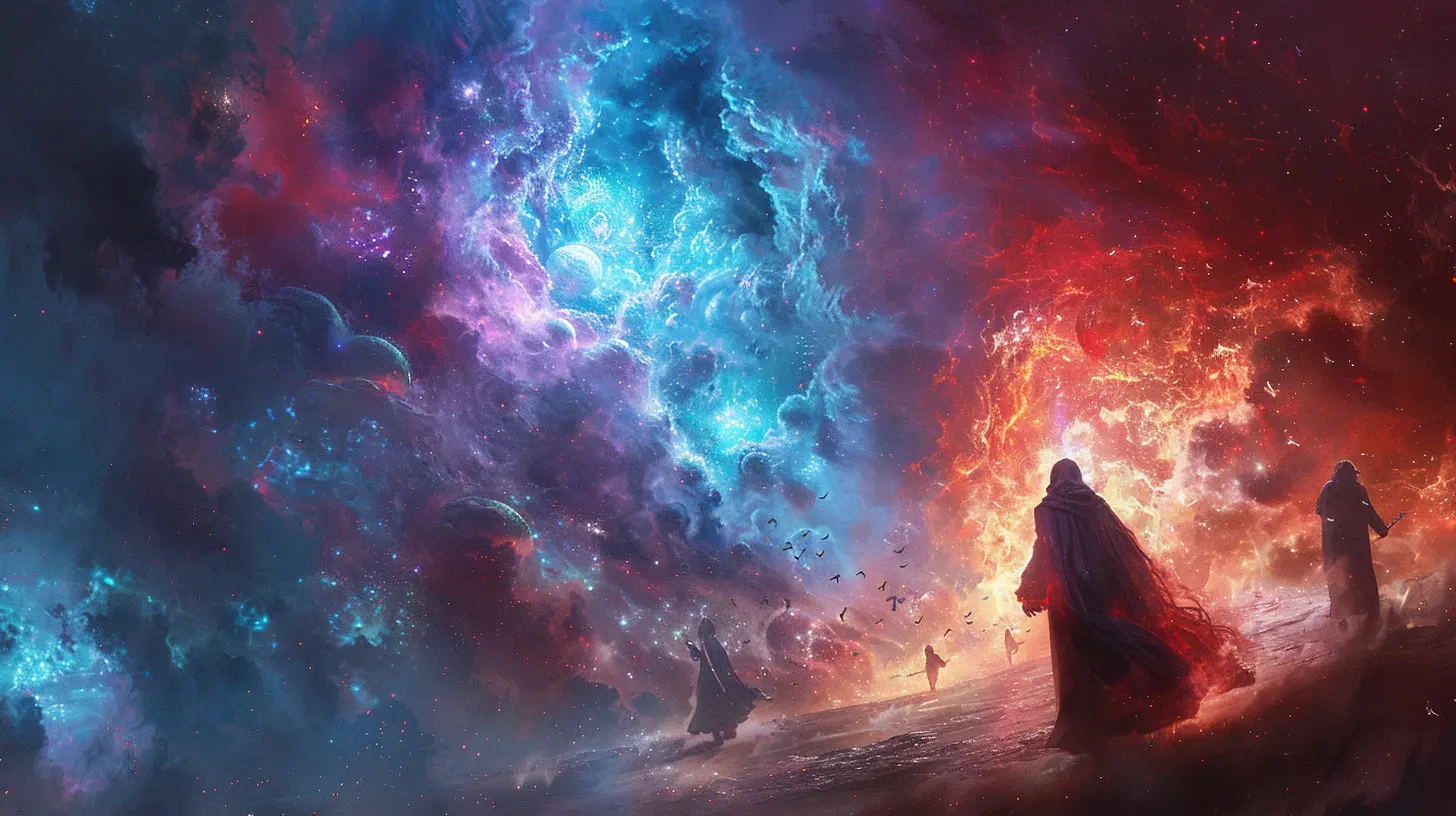
How Magic Systems Shape Gameplay
Alright, so magic systems add flavor to the world. But their influence doesn’t stop there—they’re also pivotal to how a game actually plays. Let’s take a closer look at the role of magic systems in shaping gameplay.1. Encouraging Creativity
Magic systems are like a sandbox for players to experiment in. Want to freeze your enemies solid and then smash them into icy chunks? Go for it. Prefer summoning a horde of skeletons to fight for you? Knock yourself out. Games like Divinity: Original Sin 2 are particularly good at this, offering a ridiculous amount of freedom in how you use spells.This freedom gives players a sense of ownership over their experience. It’s not just about following the steps the developers laid out—it’s about coming up with your own solutions to challenges.
2. Balancing Power and Progression
In most fantasy games, magic is tied to progression. You start with basic abilities, like a puny fireball, and graduate to god-like powers by the end. This progression mirrors the classic hero’s journey, making you feel like an unstoppable force as the game progresses.However, striking the right balance is key. If magic becomes too overpowered too quickly, the game can lose its challenge. On the other hand, if the progression is too slow, players might feel like the system is holding them back. Games like World of Warcraft and Final Fantasy XIV nail this balance, offering a steady stream of rewards that make magic feel satisfying to use throughout.
3. Supporting Different Playstyles
Not everyone wants to swing a sword or a hammer. Magic systems open up alternative playstyles for those who prefer to blast enemies from a distance or heal their allies. This diversity makes games more inclusive, catering to a wider range of players.For instance, in Dragon Age: Inquisition, you can choose to specialize in different magical disciplines, each with unique strengths and weaknesses. Want to burn everything to the ground? Go with fire. Prefer supporting your squad? Buff and heal with spirit magic. The variety ensures there’s something for everyone.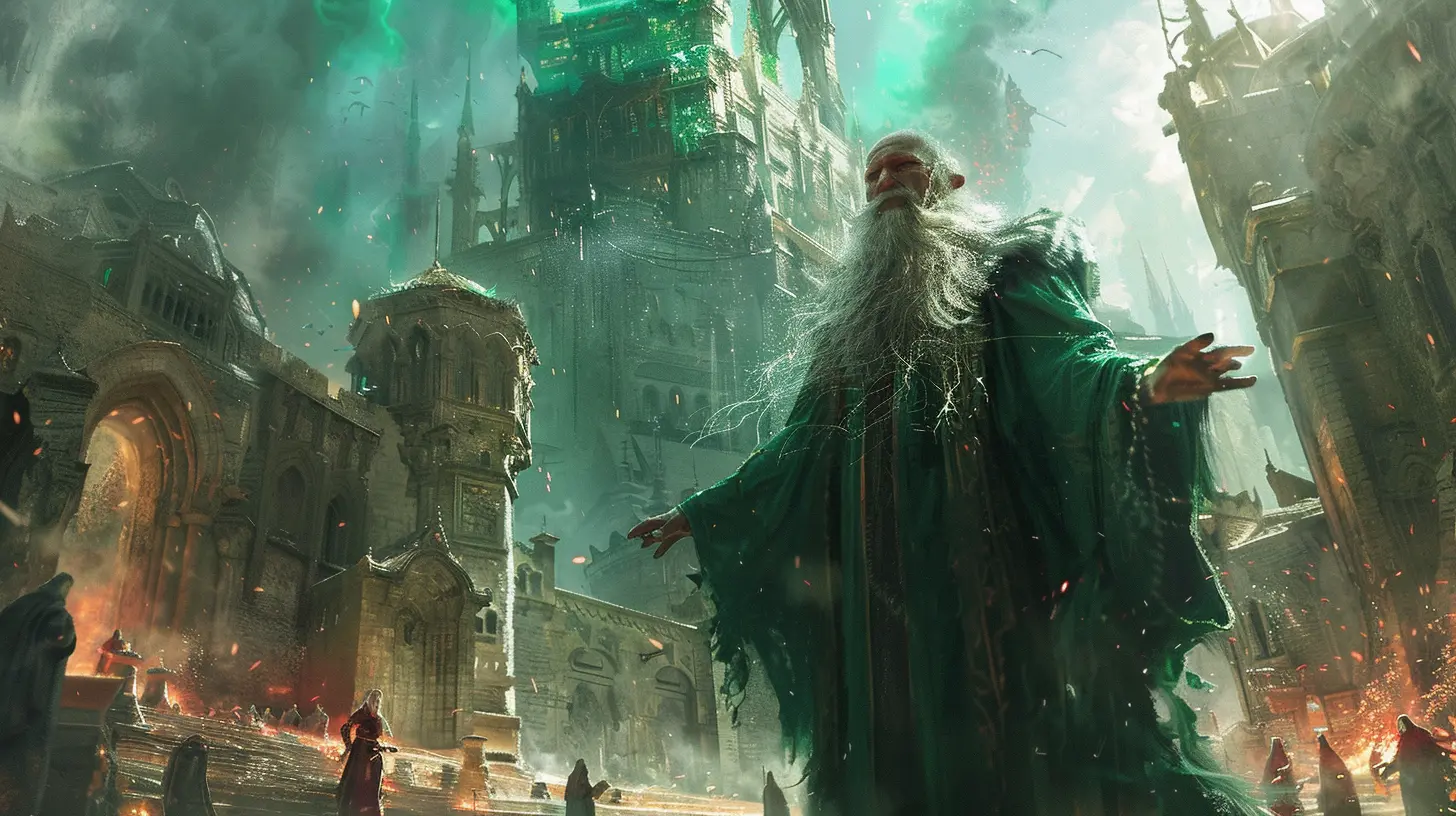
Magic Systems as Storytelling Tools
Magic systems aren’t just about mechanics—they’re a narrative tool, too. The way a game handles magic can reveal a lot about its world and characters. Let me show you what I mean.1. Building the Game’s Lore
In many games, magic is deeply tied to the lore. Why does magic exist? Who has access to it? How is it viewed by society? These questions can add layers of depth to a game’s story.For example, in The Elder Scrolls, magic users are often part of specific guilds, like the Mages Guild, reflecting its institutionalized nature. Compare that to The Dark Eye series, where magic is rare and feared, making it a much more dangerous choice for players.
2. Shaping Character Arcs
Magic isn’t just a tool—it’s also a reflection of a character’s journey. A powerful sorcerer might start as a lowly apprentice with only a handful of spells, growing into their power over time. This personal growth mirrors the broader narrative arc, making it deeply satisfying for players.Think about Yennefer in The Witcher series. Her mastery of magic is not only central to her character but also a key part of the story. Without it, her journey wouldn’t have the same emotional weight.
Types of Magic Systems in Games
Not all magic systems are created equal. Depending on the game, magic systems can fall into one of several categories. Let’s break down the major types.1. Soft Magic Systems
Soft magic systems are the wild west of magic. They’re loosely defined, allowing for more creative freedom. These systems generally focus on mystique and wonder rather than strict rules. Think of the magic in The Legend of Zelda. It’s not overly explained—it just works, and players accept it.2. Hard Magic Systems
In contrast, hard magic systems are all about clear rules and mechanics. Games like Pathfinder: Wrath of the Righteous or Dungeons & Dragons-based RPGs are great examples. Every spell has a cost, a range, and specific effects. The structure makes these systems feel more strategic and grounded.3. Hybrid Systems
Some games walk the line between soft and hard systems. They establish rules but leave some wiggle room for interpretation. Hollow Knight and Dark Souls both offer magic that's limited by resources (like Soul or Mana) but leave some aspects open to mystery.Final Thoughts: Why Magic Systems Stay Magical
At the end of the day, magic systems are more than just mechanics—they’re an integral part of what makes fantasy games magical (no pun intended). They spark creativity, enhance storytelling, and provide players with the tools to feel truly powerful. Whether you’re hurling lightning bolts or conjuring protective shields, the magic system isn’t just part of the game—it is the game.So next time you cast a spell in your favorite fantasy RPG, take a moment to appreciate the intricate design and thought that went into that system. Because without it, fantasy games wouldn’t be nearly as enchanting.
all images in this post were generated using AI tools
Category:
Fantasy GamesAuthor:

Tina Fisher
Discussion
rate this article
2 comments
Kira McLain
Magic systems in fantasy games aren't just spells; they're the heartbeat of the narrative, shaping worlds and decisions—reminding us that even in fiction, rules must be respected.
October 5, 2025 at 2:57 PM

Tina Fisher
Thank you for your insightful comment! Indeed, magic systems are essential for narrative depth and world-building, grounding the fantastical elements in meaningful rules that enhance the player's experience.
Derek McGill
This article provides an insightful overview of how magic systems enhance gameplay in fantasy games. The balance between mechanics and narrative is crucial, and the examples illustrate diverse approaches effectively. Exploring how these systems impact player choice and immersion could further enrich the discussion. Great read for fantasy game enthusiasts!
July 2, 2025 at 2:50 AM

Tina Fisher
Thank you for your thoughtful feedback! I'm glad you found the overview insightful, and I appreciate your suggestion on exploring the impact of magic systems on player choices and immersion.
